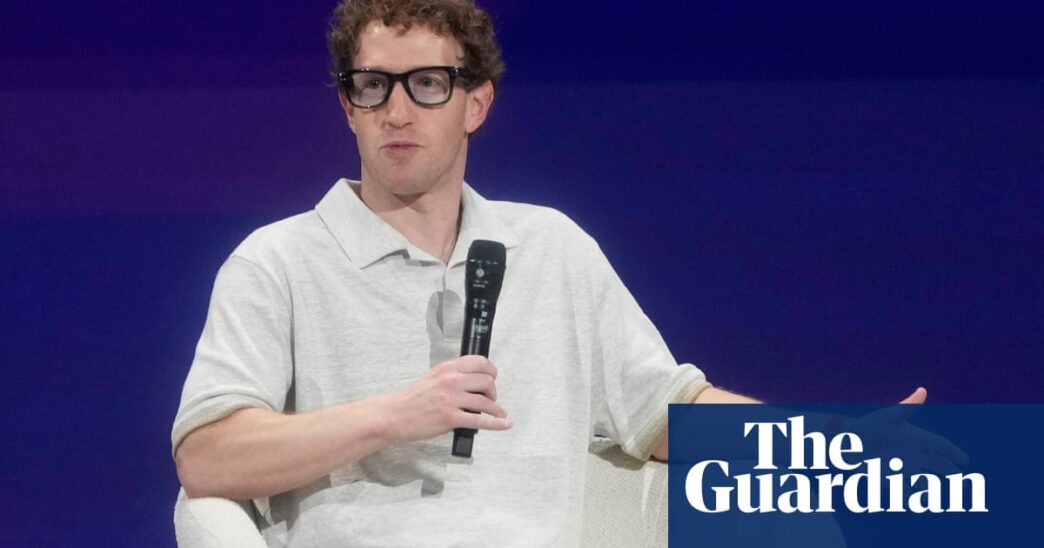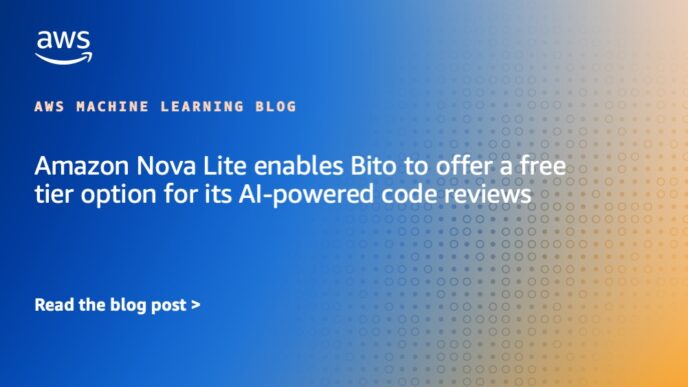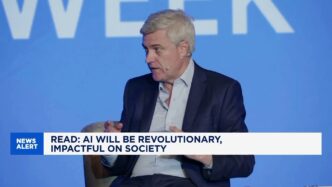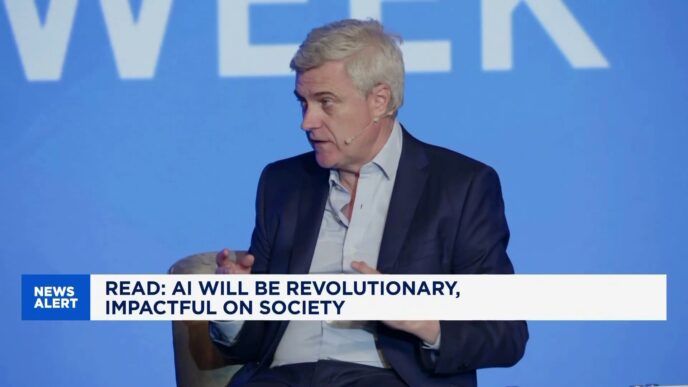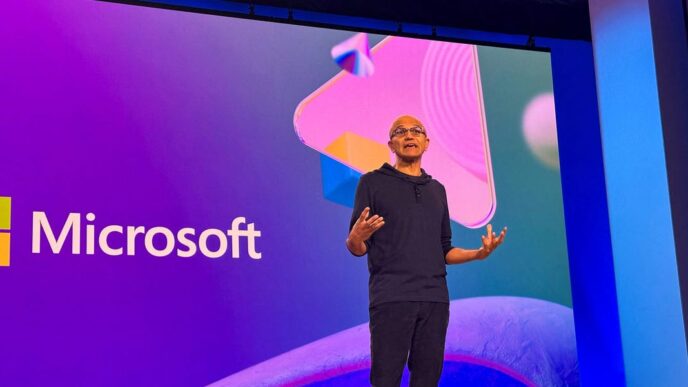Meta is dropping $15 billion on a bold AI play — aiming for “superintelligence.” The company plans to buy a 49% stake in AI startup Scale AI, led by Alexandr Wang and co-founded by Lucy Guo. This is a sharp pivot after Meta’s Metaverse flop.
Wang, just 28, is already ramping up defense AI with a US military deal for ThunderForge, focusing on Indo-Pacific and European commands. Scale also had early backing from Peter Thiel’s Founders Fund. Wang is expected to take a top role at Meta after the deal closes.
Observers say Meta’s move is a “wartime CEO” tactic to seize AI leadership from OpenAI and Google. Superintelligence means AI beating humans at all tasks — something experts say is still far off.
Oxford AI expert Michael Wooldridge weighed in:
“There’s a good argument that there should be a Cern for AI where governments collaborate to develop AI openly and robustly so we understand and trust the technology we are developing. That’s not going to happen if it’s developed behind closed doors. [AI] seems just as important as Cern and particle accelerators.”
He added:
“It seems very much like an attempt by Meta to regain the initiative after the Metaverse didn’t take off. They invested spectacular amounts in that and it didn’t just fail, it was ridiculed.”
Wooldridge also stressed current AI “fails on an absolutely simple task which any competent GCSE student wouldn’t fail.”
Dr. Andrew Rogoyski from the Institute for People-Centred AI said Meta’s deal shows AI firms snatching talent wherever they can. Unlike OpenAI or Anthropic, Meta treats AI as a business tool, not the company’s main goal:
“It means they’re not quite as desperate to achieve AGI, so they can afford to take a longer view.”
Meta declined to comment. Scale AI has also not responded.
This deal sparks fresh calls for European governments to launch transparent, collaborative AI research — something like a CERN for AI — to keep tech development public and trusted. The race for superintelligence is heating up fast.

